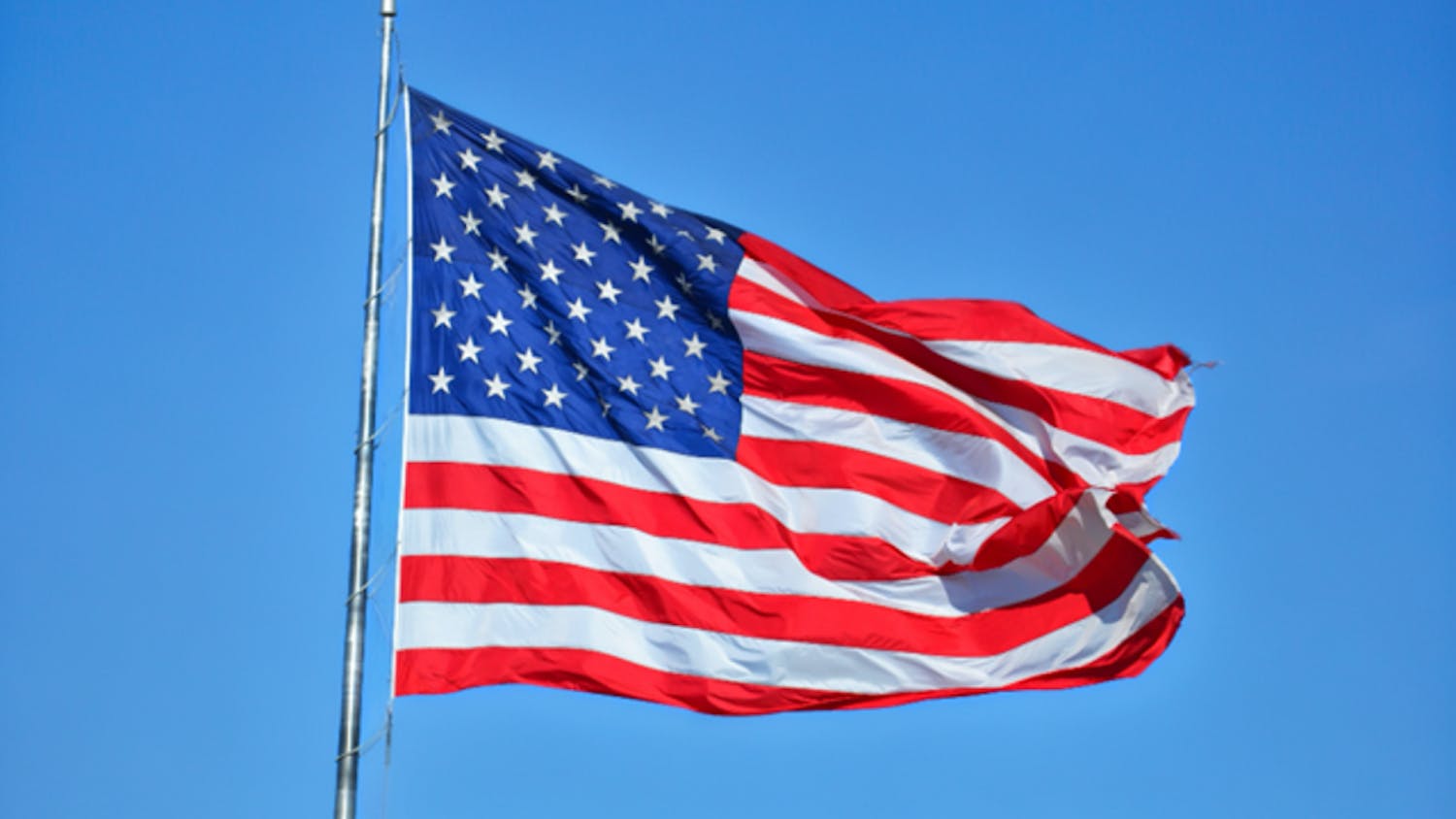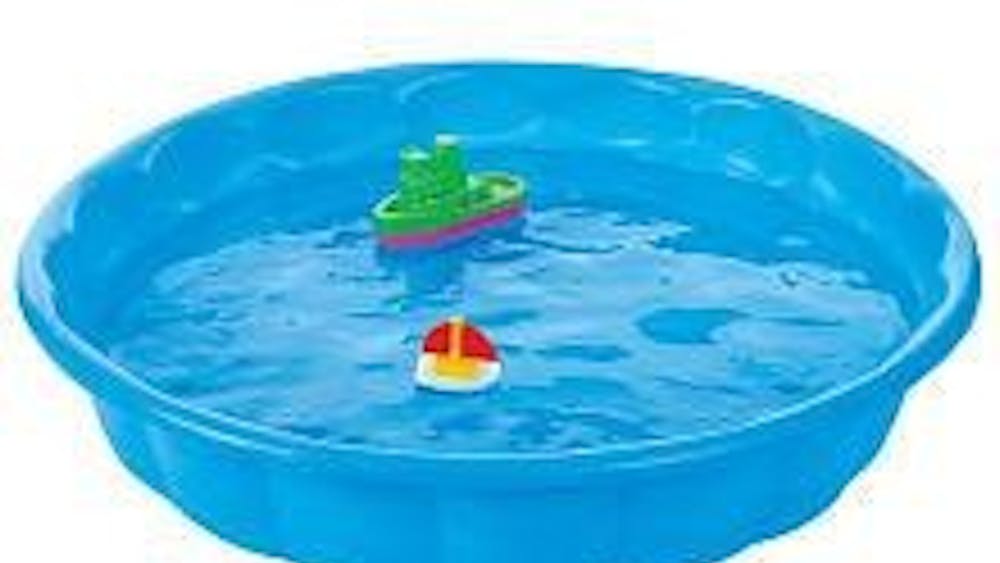WHY SO SERIOUS(LY EXPENSIVE)?
Many books have a suggested retail price, Tim says, and many give discounts to stores they sell to, including TIS. But predicting these prices has gotten harder for stores, partly because custom textbooks — ones created for a single professor’s class — are growing in popularity.
“Mainstay textbooks can be sold back,” Tim says, “but you can’t sell back custom.”
And that’s no fun for students trying to save money or TIS, who actually makes more money on used books than new books.
“If a book is worth $0 after being $100, that’s a bad deal,” he says.
Unfortunately, the used book market is the publisher’s bane, adding to the price spikes. And having to invest tons of money into publishing tech, including online-only books and material, hasn’t helped keep prices down.
PROFESSOR’S PICK?
Professors now face pressure from their administrations to limit the costs of the books they use for their classes, Tim says, something he hadn’t seen in earlier years. It’s in an effort to get students to take their classes.
One major that’s he’s seen change in recent years? History.
“The amount of books they buy now is nothing comparing to what they bought 10 to 20 years ago,” he says. And that’s because now faculty members have to consider cost factor for their books as top priority.
OTHER ITEMS
Clickers: $40. If you need it for a class, keep it. You might need it for another. Everything from Spanish to psychology uses them.
Access codes: Anywhere from $25 to $100, often for science classes to access online content. Only used once and can’t be sold back.
Most expensive majors for books:
Law School: Wordy laws and legal theory add up to hefty, expensive books.
Business: Tim says this undergraduate major tends to pile on the costly books.
However, he also says that the business school is a pioneer with digital book technology, including Courseload, an e-textbook program.
HOW CAN YOU SAVE MONEY?
Go to class before you buy your books. You’ve heard this one before from your upperclassman friends and everyone else who has ever suffered through a lecture with an expensive but thoroughly unopened book. But Tim reiterates it. “Everyone gets mad as sophomores because the books are seen as a bad investment,” he says. Don’t do that to yourself. Besides trying to buy used and rent books, here’s some other tips:
Split the cost. If you can, try to take those basic, big lecture classes with a friend or roommate so you can split the cost on those big-item books. And also to survive the boredom, of course.
Use the library. We have one of the most extensive library systems in the country -- use it. Especially if you need fiction or nonfiction books for literature or other liberal arts classes.
Consider an older edition. A lot of students get slammed because the department recently adopted the newest edition and require all students to buy it. A lot of times, especially with history and science books, the new editions have very minimal changes, so you can get away with an older one. Be careful with this one, though, and watch out for different page numbers or even homework problems.
Behind the price tag
Get stories like this in your inbox
Subscribe





